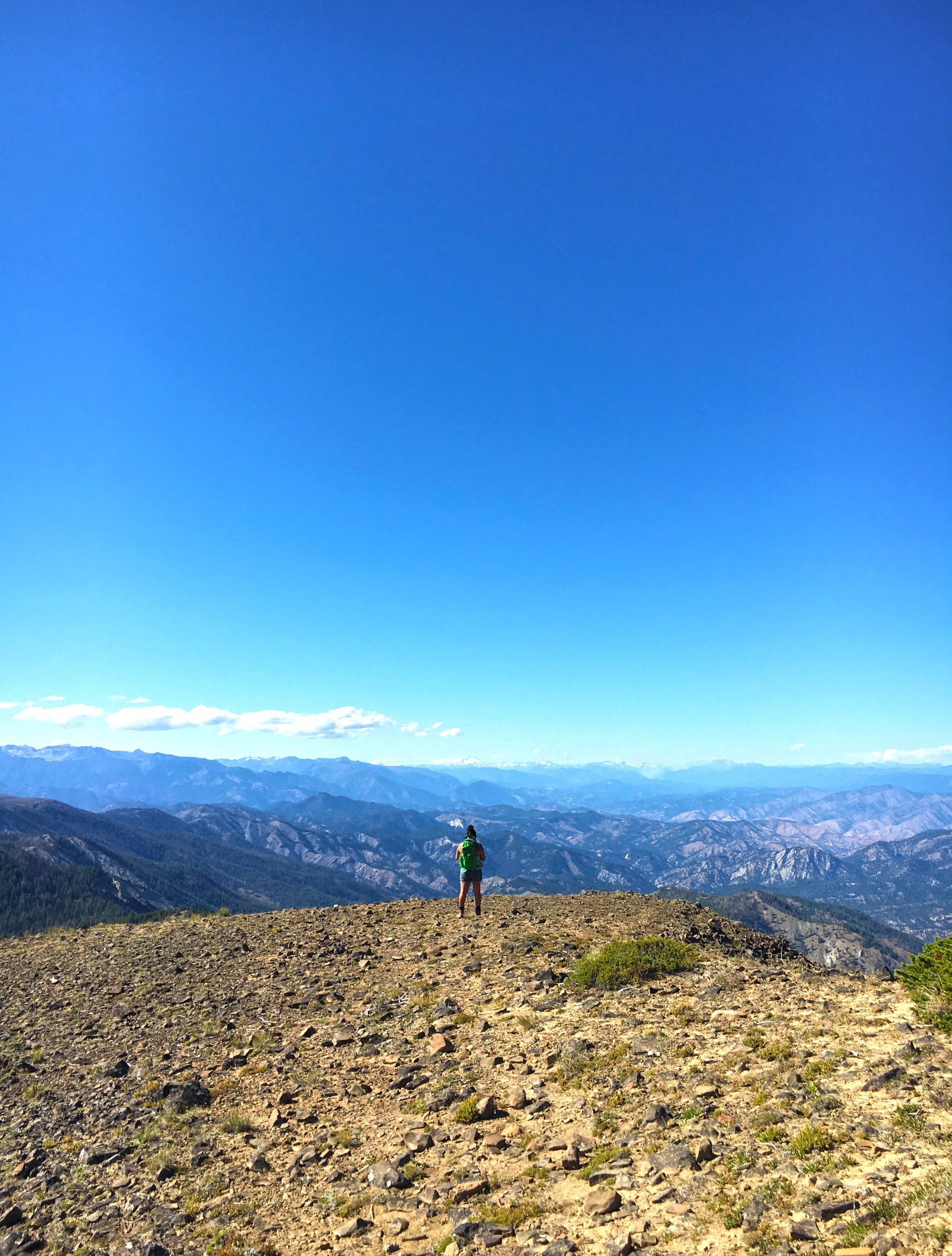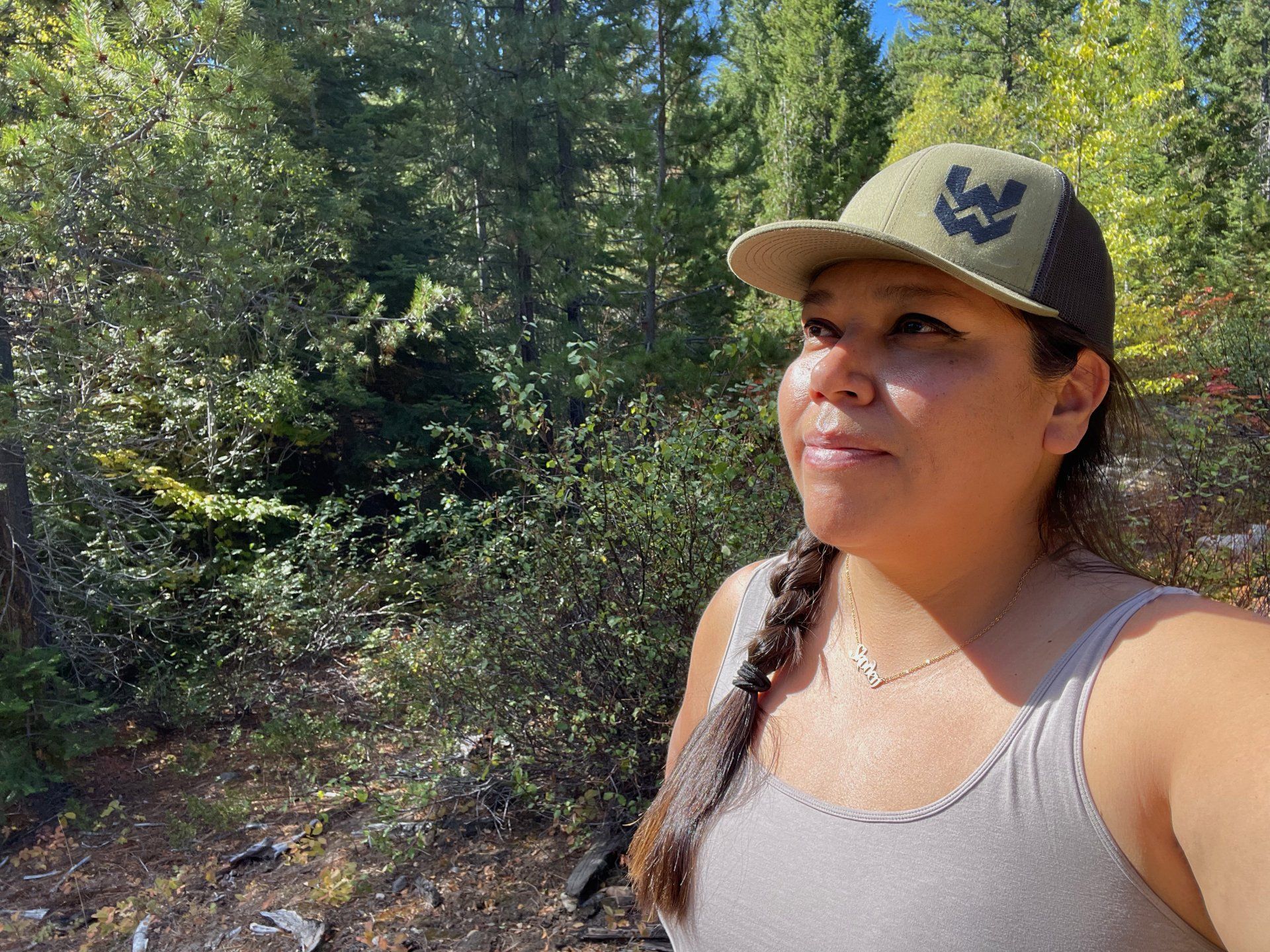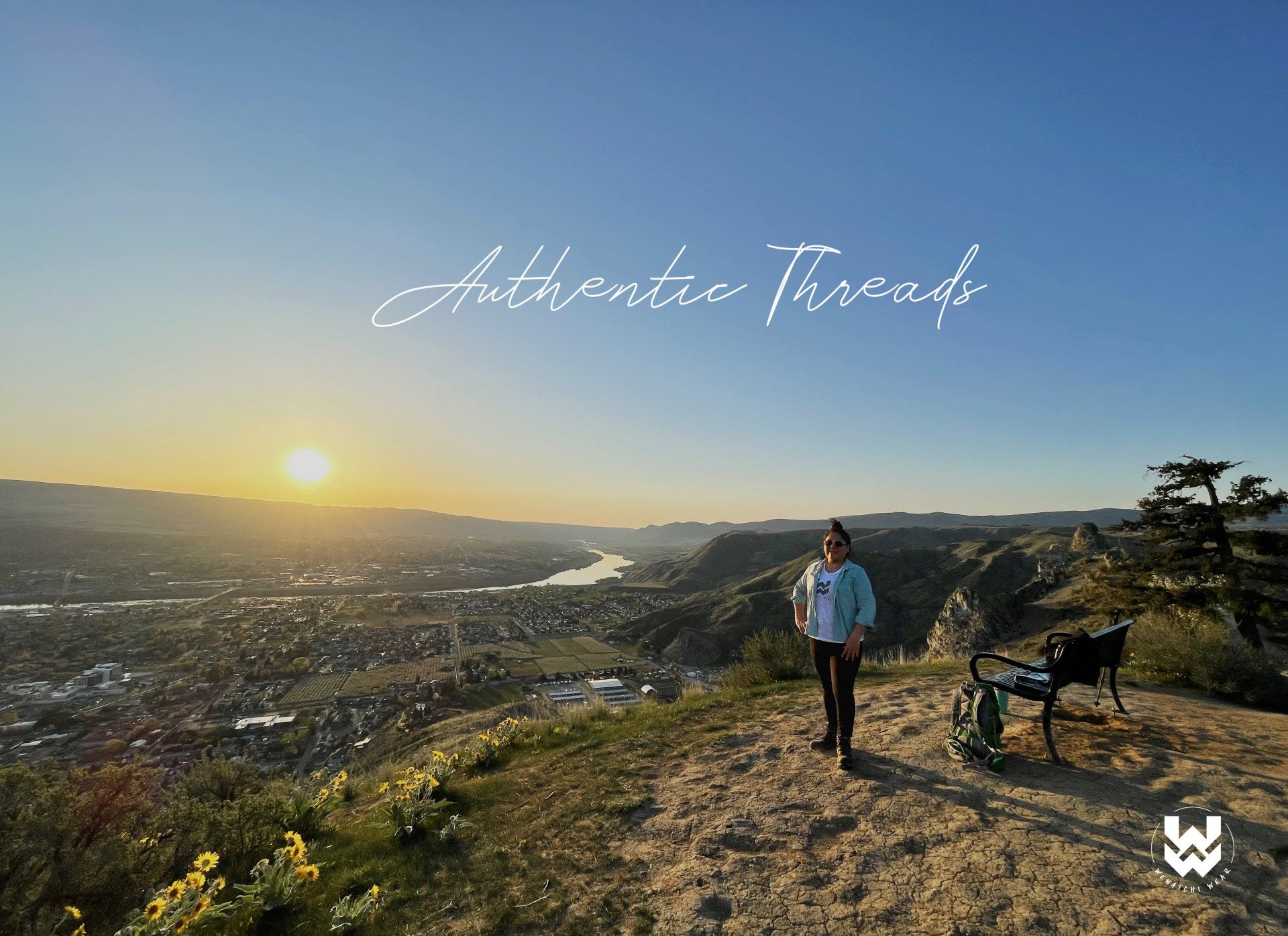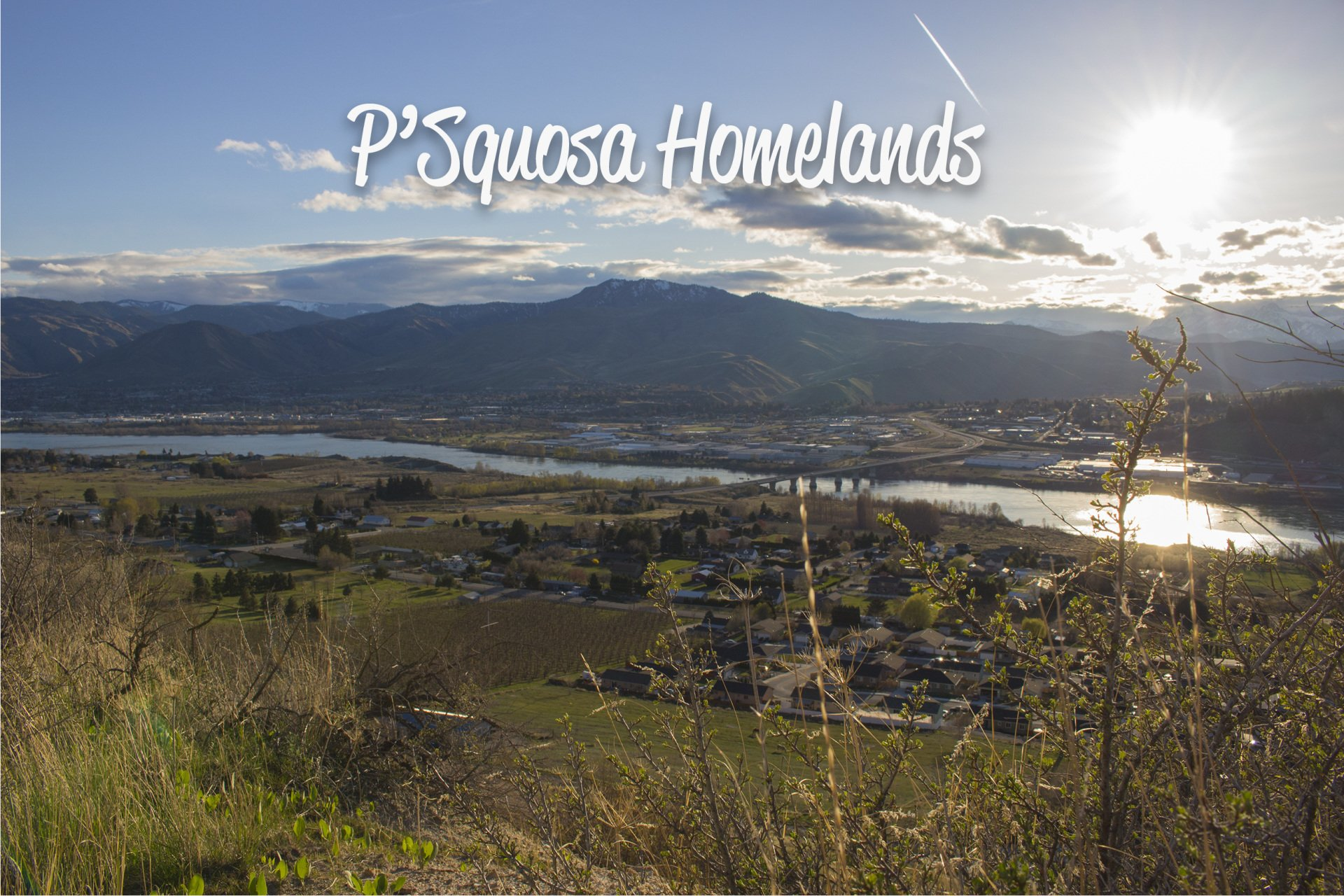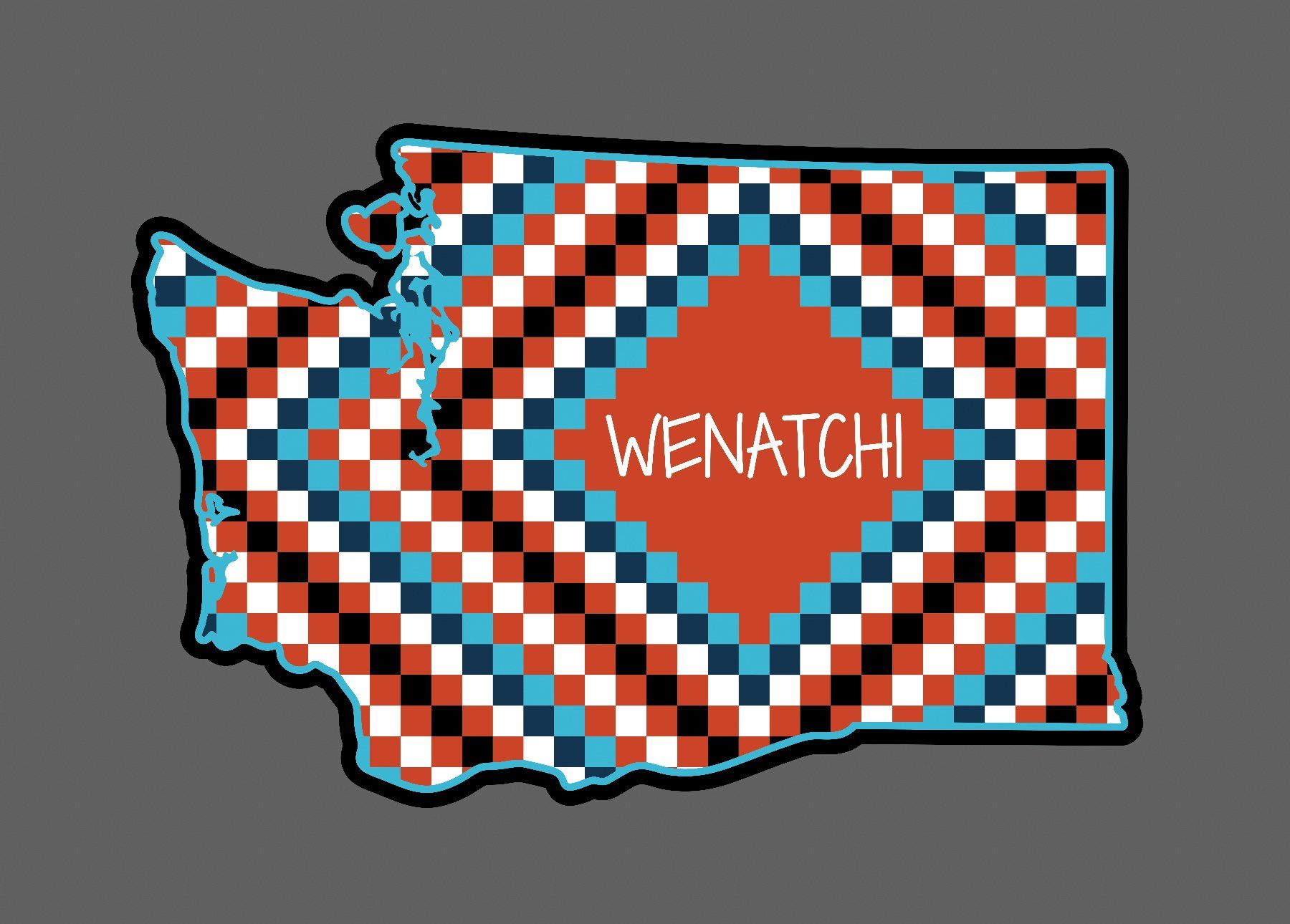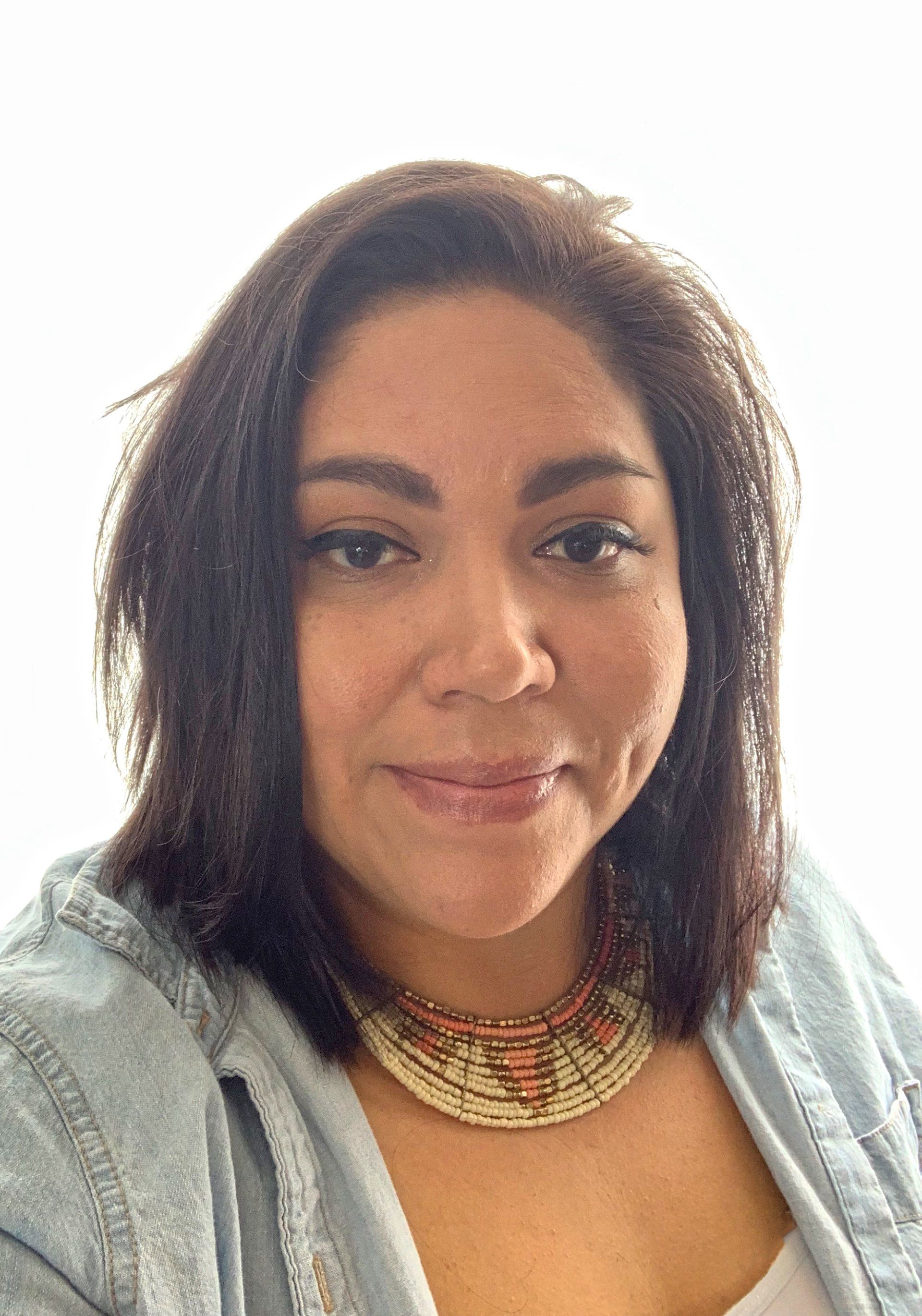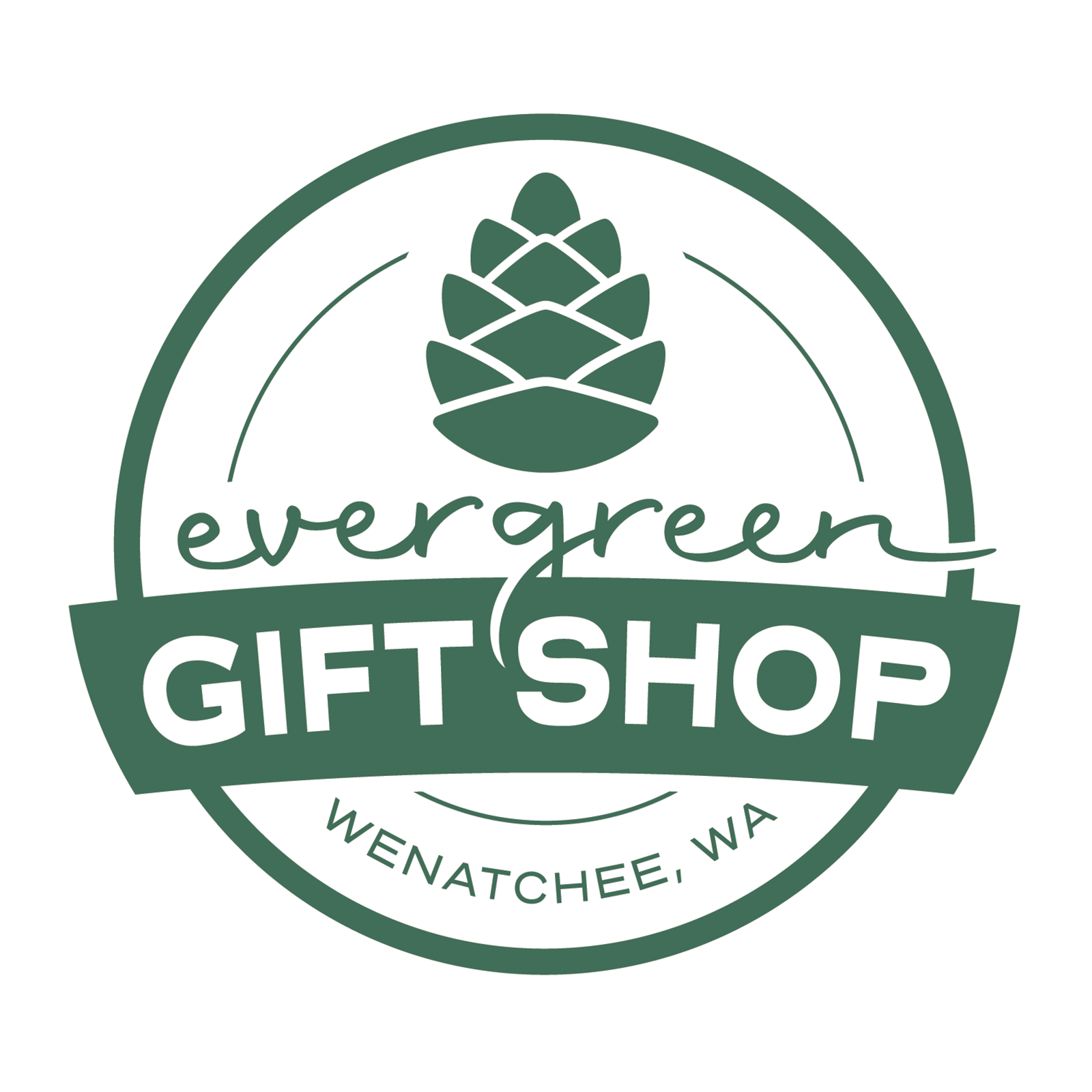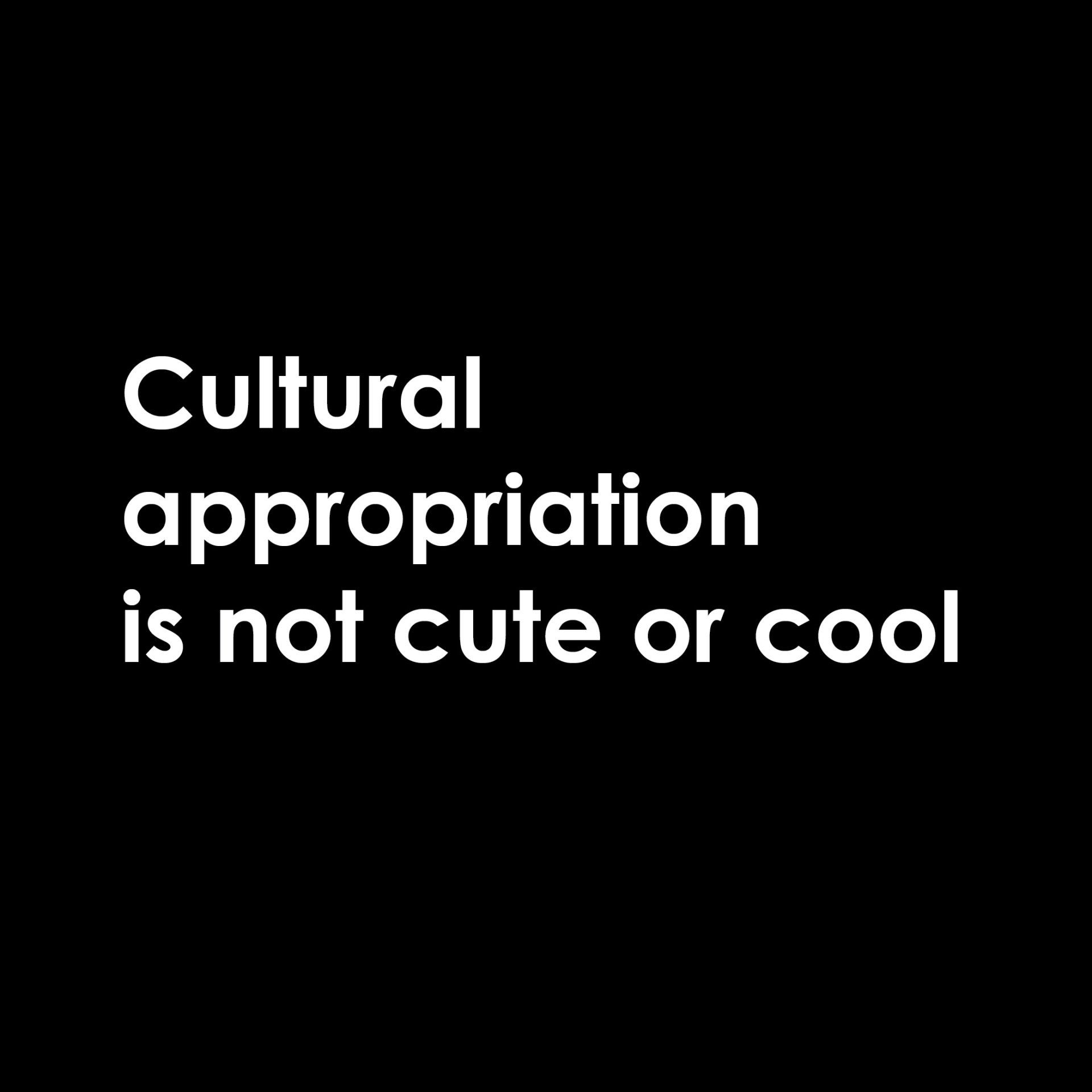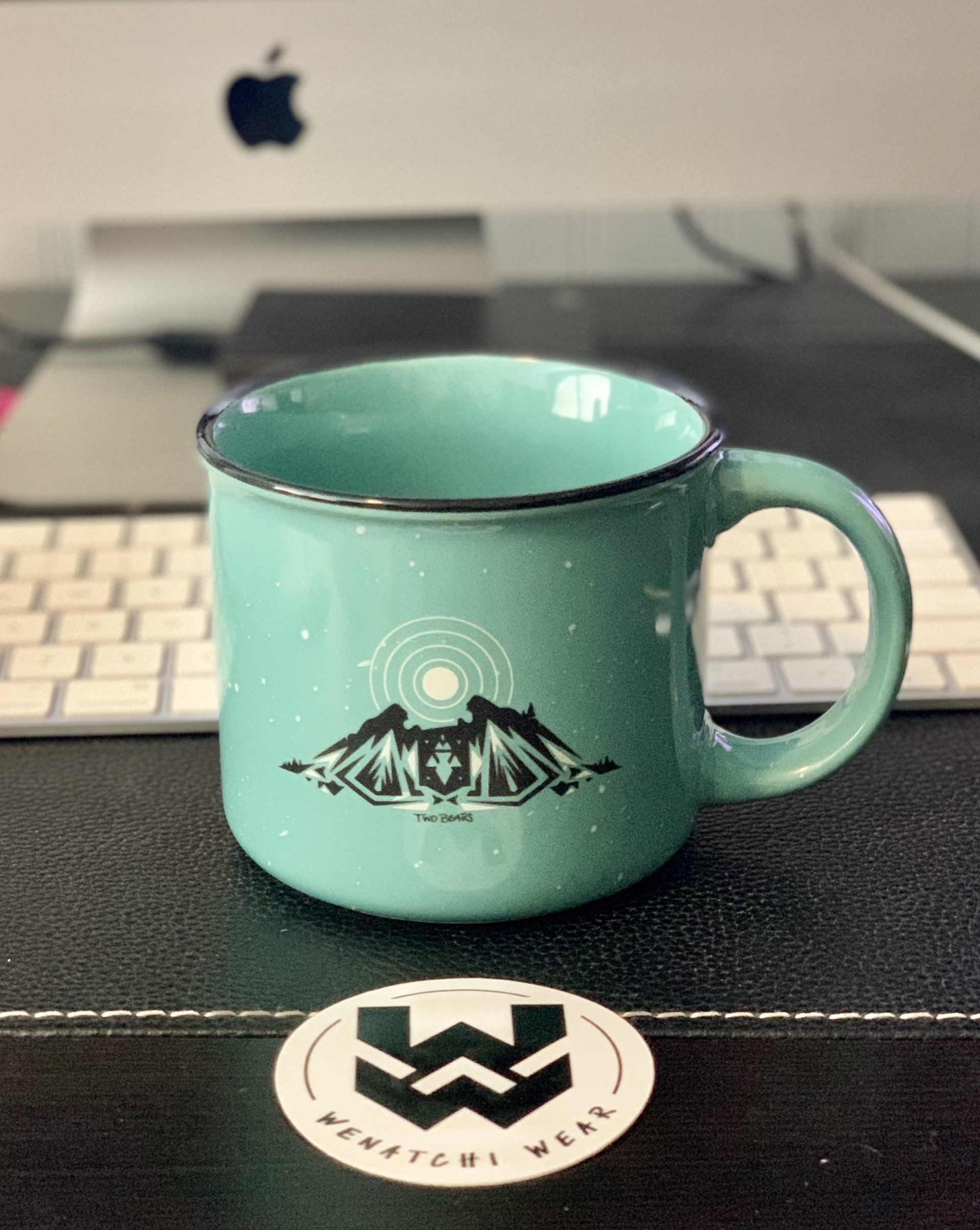Misrepresentation & Misuse of Native American Imagery: Mascots, Caricatures, Native American titles
Why this platform is crucial for growth
We are still here
Strong
Resilient
Proud
Results of oppression & systemic racism
In the Native American culture, our hair is sacred, our language, traditions and attire is ingrained into our bones.
We are the land and the land is us.
The residential schools, experiment in forced assimilation, times was not that long ago. My aunts, uncles and biological family were forced into residential schools. Many Native American children (estimated 6,000 but not an accurate count as many of the deaths were not documented) died during those times from abuse & neglect. Society has to understand the purpose to rid Native Americans and disenfranchise our way of life was the key movement. Only the last 10 years have our people been given the chance to even heal from that and let alone granted the ability to revitalize our languages and culture, as well identity. Understanding the continued generational trauma of being forced to not speak about our culture, speak our languages for many many years, it a lot to unravel or begin to comprehend. The Wenatchi Tribe originally p’squosa, and šnpǝšqʷáwšǝxʷ (People in the between), in addition to many tribes in the US, are not federally recognized and lost our original homelands due to the government not upholding treaties. Not only forced to move from p’squosa homelands, they faced full massacres simply because we inhabited the land settlers wanted.
People ask ‘Why aren’t more Native Americans speaking up, or represented in general.’
This horrific time in our history has a lot of reasoning as to why Natives Americans have been oppressed and unable to be proud of who we are in a white privileged society.
Who am I & why is this important to me.
I am a member of the Colville Confederated Tribe; Wenatchi, Moses and Entiat bands & a descendant of the Blackfoot Tribe. I was born and raised in the Wenatchee Valley. Upon recognizing a lack of true Indigenous history or recognition, I launched Wenatchi Wear in 2019. Wenatchi Wear is passionate about creating awareness & empowering Indigenous Peoples through authentic threads. We design with a purpose, each of our designs shares history focusing on local Native American Tribes.
Long overdue name change & meaningful discussions
I am personally in favor of the derogatory name R**skins being removed from the NFL team.
I cannot speak on behalf of all Native Americans, but I feel that this change is long overdue.
It is unfortunate that it took recent unjust actions and innocent BIPOC deaths to bring this much needed change into discussions and actual forward progress. Any sports team or organization that is culturally appropriating Native Americans needs to change. Non-natives profiting from Native American images and art work is not acceptable.
My culture is not a costume.
Non-natives wearing appropriated headdresses and war paint is offensive. Headdresses are part of Indigenous traditional cultures that honors warriors.
The chants & gestures are not appropriate for fans to display. Yes, cheer on your team but do not to mock or disrespect our Native American culture.
Cultural Appropriation
As we know many of these images or naming (said object, land, etc.) were created years ago, and some may say out of respect and/or honoring Native Americans. Although, simply stating your intentions is not good enough.
How are these franchises, businesses or individuals giving back or engaging with Native American Tribes?
As we have seen with many of these mascots, caricatures and usage of our names - the corporations or businesses are not contributing to the rising up of Indigenous Peoples at all. This needs to change. Franchises, corporations, businesses and individuals need to be held accountable.
There are local hills, buildings, products within our small valley that use the Wenatchi name or other Native American names/titles.
It is not cute nor appreciated to continue culture appropriation.
I have reached out to a local artist(s) that are currently appropriating the Wenatchi name. I will continue to ask questions when a non-native uses our tribal names, stories or art. I’ve also had businesses contact me for my opinion prior to moving forward with their interpretation of “honoring” my tribe.
These are the conversations we all need to be willing to have. While the conversations maybe uncomfortable, we need to listen wholeheartedly, without judgment or preconceived ideas in order to understand.
How can I give back to the Native Americans
There is not a one-answer-fits-all.
I highly recommend contacting local tribes, talking with tribal members in your communities to find how you can help Indigenous Peoples rise. There are many Indigenous lead organizations in Washington State. I co-founded an Indigenous lead nonprofit in 2021, fundraising for the all Indigenous peoples to obtain a piece of our homelands back in the Wenatchee Valley, build a community center and trading post. This is a huge project that will need ongoing community support.
Wenatchi Wear is proud to create space for Native/Indigenous artists, small business owners in our new retail location. This action of highlighting Indigenous artists is to bring awareness and focus importance of authentic art, as this strengthens our Indigenous community while steering consumers away from appropriated, unethical products. We support #landback fundraisers, amplifying Native American voices, and to promote Inspired Native art. Purchasing authentic art from Indigenous Artists empowers Indigenous Communities. While “native-inspired” or other art that is not authentically made by Native artists presents a barrier to Native Art Entrepreneurs who must compete with shelf space already dominated by non-Native companies mass producing product featuring appropriated art.
While socially conscious consumers who appreciate Native themes and aesthetics, with even tribal communities themselves purchasing these products without conscious awareness of how their patronage either supports or undermines the work of indigenous artists and entrepreneurs.
Indigenous art that is authentically created and shared is made from our land, heart and souls. “Native-inspired” practices traditions that are sacred to our people, and are not meant to “try it out” and mass produce.
So, please be a conscious consumer. Purchase authentic made Indigenous art. Support INSPIRED NATIVES, and not native-inspired.
Skookum & holding others accountable
As many of our supporters know, Wenatchi Wear has included the Skookum design in our product line. I felt it was important to share the history of the iconic giant Native American head. We believe in educating and practice what we preach by including the stories on our website, social media, and when a particular design is purchased we include an informational card that contains the story.
I personally am not offended by the original Skookum. It has been in our valley for over 100 years.
I took it upon myself to recreate, and take ownership of our version, reclaim. I created our design to be feminine by softening the lines, gave her actual braids and eyelashes.
The history Wenatchi Wear shares with the design:
In the 1900’s a non-native woman was inspired by the Native American culture, and created little dolls she named Skookum, that resembled Native Americans for children to use during playtime. In 1917, a local fruit packaging company wanted to create a brand to stand out. They had an artist from the south create several images, and they ended up using the little Indian boy. The entire history and story for the imagery is a mishmash of ideas. Skookum is Chinook jargon, meaning well, strong and brave. Being as there was never a level playing field for Native Americans to have the opportunity to thrive, non-natives righteously took it upon themselves to create imagery for profit. Many locals have grandparents, parents or themselves who have actually worked for this fruit packaging company.
2019: Wenatchi Wear reclaims
Where the fruit packaging company likely failed, in my eyes, is they never created a lasting partnership or meaningful connection with the local Native Americans. As many of these large corporations are failing to do so everyday.
I encourage people to ask these franchises, companies, and individuals who profit from appropriated artwork how they specifically help or support Native Americans. Keep asking the difficult questions, this is the only way we can decolonize and promote change.
To donate to our #landback fundraiser,
Indigenous Roots & Reparation Foundation:
Checks can be mailed to:
IRRF
PO BOX 3541
Wenatchee, WA. 98807
Or there is a PalPal link on our website:
www.indigenousrrf.org
Wenatchi Wear Journal
